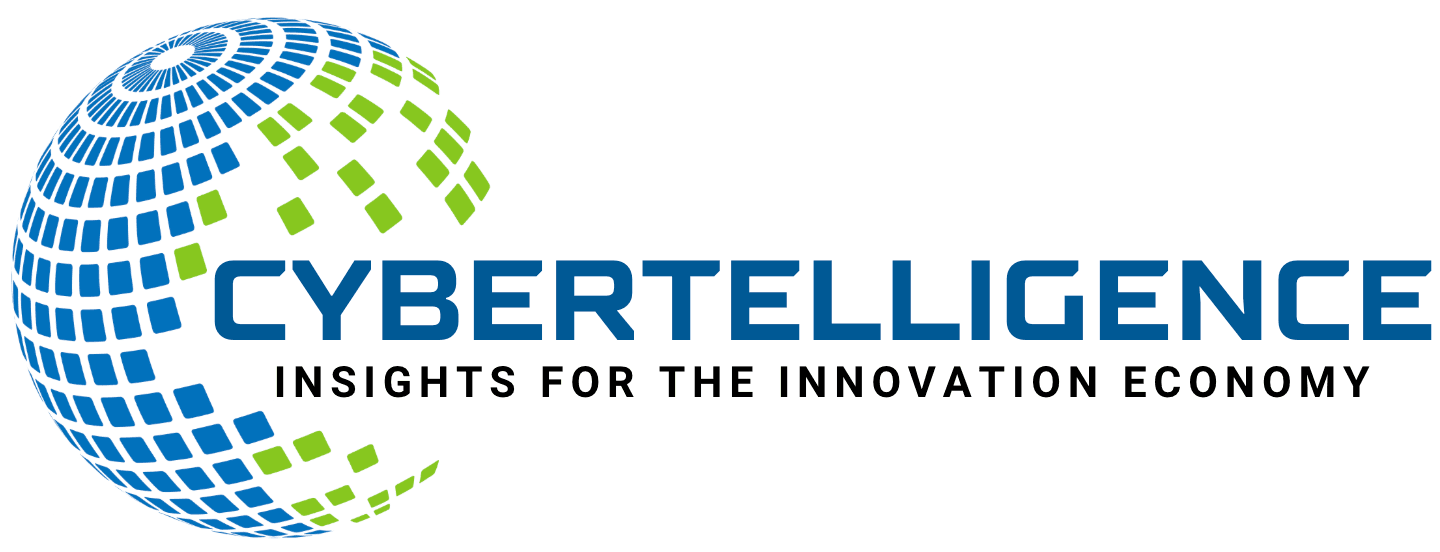Artificial Intelligence (AI) agents are computer programs that are designed to perform tasks that would normally require human intelligence. These agents are capable of learning from their environment, making decisions, and taking actions to achieve specific goals. AI agents can be found in a wide range of applications, from virtual assistants to healthcare and education. The development of AI agents has been driven by advances in machine learning, natural language processing, and other AI technologies. As these technologies continue to improve, AI agents are becoming increasingly sophisticated and capable of performing complex tasks.
The Rise of Virtual Assistants
One of the most visible applications of AI agents is in the form of virtual assistants, such as Amazon’s Alexa, Apple’s Siri, and Google Assistant. These virtual assistants are designed to help users with a variety of tasks, such as setting reminders, answering questions, and controlling smart home devices. Virtual assistants use natural language processing to understand and respond to user queries, and they can also learn from user interactions to improve their performance over time. The rise of virtual assistants has been driven by the increasing availability of AI technologies and the growing demand for convenient and personalized digital experiences.
Virtual assistants have become an integral part of many people’s daily lives, providing assistance with tasks ranging from scheduling appointments to finding information online. As virtual assistants continue to improve, they have the potential to become even more useful and capable, offering personalized recommendations and assistance in a wide range of domains. However, the rise of virtual assistants also raises important ethical and privacy considerations, as these agents have access to a wealth of personal data and can potentially influence user behavior.
AI Agents in Healthcare and Education
AI agents are also being used in healthcare and education to improve patient care and student learning. In healthcare, AI agents can analyze medical data to identify patterns and make predictions about patient outcomes. For example, AI agents can help doctors diagnose diseases, recommend treatment plans, and monitor patient progress. In education, AI agents can provide personalized tutoring and support for students, helping them learn at their own pace and addressing their individual needs. These applications of AI agents have the potential to improve the quality and efficiency of healthcare and education, but they also raise important ethical considerations related to privacy, consent, and the potential for bias in decision-making.
The Role of AI Agents in Transportation
AI agents are also playing an increasingly important role in transportation, with applications ranging from autonomous vehicles to traffic management systems. Autonomous vehicles use AI agents to perceive their environment, make decisions, and navigate safely to their destination. These vehicles have the potential to improve road safety, reduce traffic congestion, and provide mobility options for people who are unable to drive. In addition, AI agents are being used to optimize traffic flow and reduce congestion in urban areas, improving the efficiency of transportation systems. However, the widespread adoption of autonomous vehicles also raises important ethical and safety considerations related to liability, regulation, and the potential for accidents.
The Impact of AI Agents on Work and Productivity
AI agents are also having a significant impact on work and productivity, as they are increasingly being used to automate routine tasks and assist workers in a wide range of industries. For example, AI agents can help customer service representatives answer common questions, assist lawyers with legal research, and support engineers in designing new products. These applications of AI agents have the potential to improve efficiency and reduce human error, but they also raise important ethical considerations related to job displacement, worker autonomy, and the potential for bias in decision-making. As AI agents continue to improve, they have the potential to transform the nature of work and productivity in ways that are not yet fully understood.
Ethical and Privacy Considerations with AI Agents
The rise of AI agents also raises important ethical and privacy considerations that must be carefully considered. For example, AI agents have access to a wealth of personal data, including sensitive information about individuals’ health, finances, and behavior. This raises important questions about consent, data security, and the potential for misuse of personal information. In addition, AI agents have the potential to make decisions that can have a significant impact on people’s lives, such as determining eligibility for loans or insurance. This raises important questions about fairness, transparency, and accountability in decision-making. As AI agents continue to become more sophisticated and capable, it is essential that ethical and privacy considerations are carefully addressed to ensure that these technologies are used responsibly and in ways that benefit society as a whole.
The Future of AI Agents and Their Potential Impact on Society
Looking ahead, the future of AI agents holds great promise for improving many aspects of society, from healthcare and education to transportation and work. As AI technologies continue to advance, AI agents will become increasingly capable of performing complex tasks and making decisions that were previously only possible for humans. This has the potential to improve efficiency, reduce human error, and provide personalized assistance in a wide range of domains. However, the widespread adoption of AI agents also raises important questions about their potential impact on society, including issues related to job displacement, inequality, and the potential for bias in decision-making.
In conclusion, AI agents have the potential to transform many aspects of society in ways that are not yet fully understood. While these technologies hold great promise for improving efficiency and providing personalized assistance, they also raise important ethical and privacy considerations that must be carefully addressed. As AI agents continue to become more sophisticated and capable, it is essential that these technologies are used responsibly and in ways that benefit society as a whole. By carefully considering these ethical considerations and working to address potential challenges, we can ensure that AI agents have a positive impact on society in the years to come.




